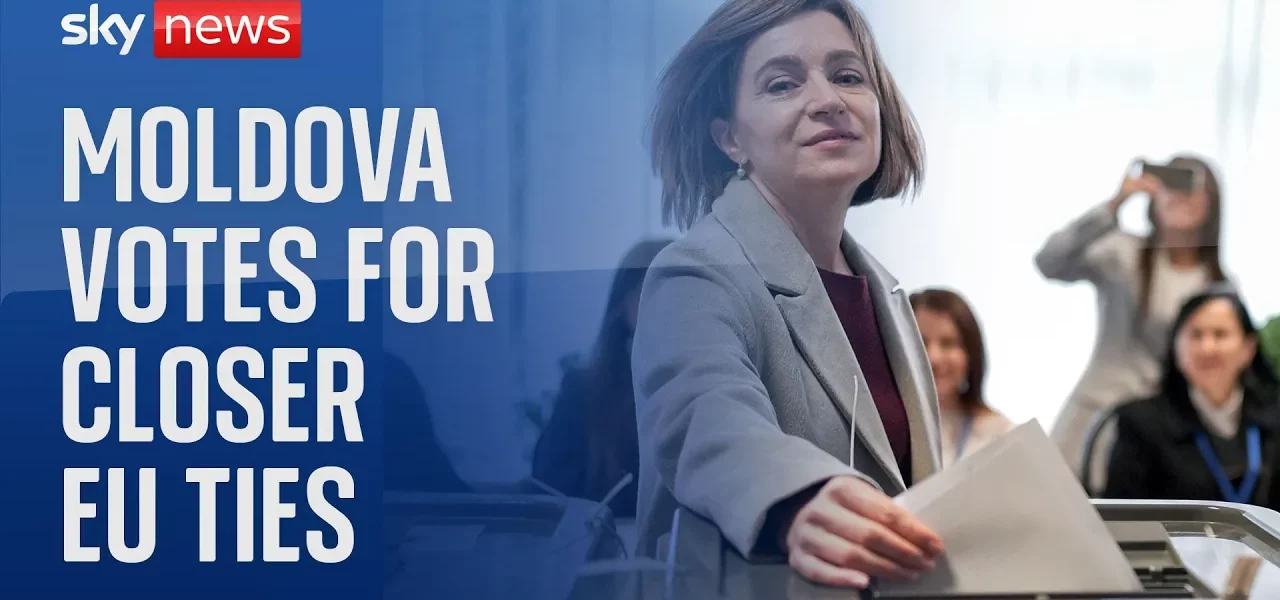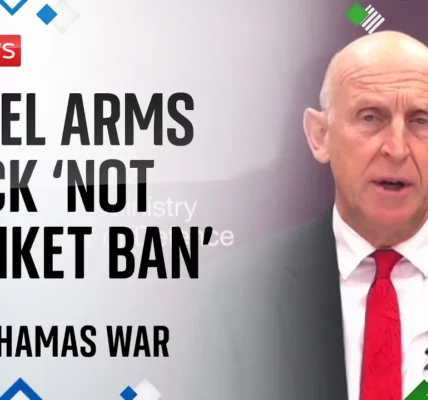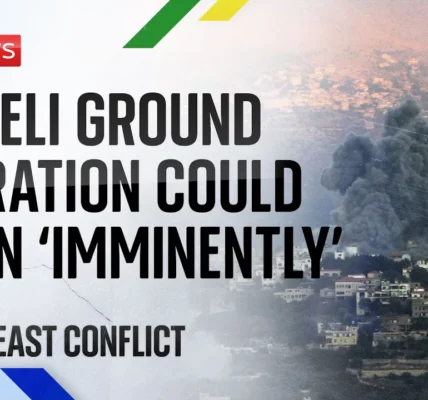Moldova’s Tense Referendum: A Vote for the Future

This article delves into the recent referendum held in Moldova, where citizens voted on the future direction of their country—towards European integration or back to Russian influence. The political ramifications and public sentiment surrounding this vote are crucial to understanding the region’s dynamics.
Introduction
The recent referendum in Moldova has sparked significant interest and concern, both regionally and globally. The vote was centered around a crucial question: Should the aspiration of joining the European Union be embedded in Moldova’s Constitution? This referendum was not merely a political exercise; it represented a broader ideological battle between pro-European and pro-Russian sentiments within the country. With a backdrop of alleged foreign interference and rising tensions, the outcome of this referendum could significantly shape Moldova’s future.
The Context of the Referendum
Leading up to the referendum, public sentiment appeared to lean towards a pro-European stance. Initial polls suggested that approximately 60% of voters were in favor of the “Yes” campaign, which advocated for EU integration. However, as the voting day approached, the atmosphere became charged with uncertainty, exacerbated by reports of interference and manipulation.
Allegations of Interference
The Moldovan president and local authorities reported unprecedented levels of interference in the electoral process. This included accusations against pro-Russian forces, which some believe included direct involvement from the Kremlin. The situation was described as a ‘hybrid war’ waged against Moldova, incorporating tactics such as:
- Disinformation campaigns aimed at undermining public trust.
- Vandalism of pro-European campaign materials.
- Inciting protests to destabilize the political climate.
Bribery Allegations
In an alarming revelation, police uncovered a network allegedly involved in bribing voters, with estimates suggesting that around 130,000 individuals may have been incentivized to vote against the pro-European stance. This raised serious concerns about the legitimacy of the voting process and the extent of foreign influence.
The Vote: Results and Reactions
As the votes were tallied, the results revealed a razor-thin margin. With 9.41% of the votes counted, the “Yes” camp secured 50.3% of the vote, while the “No” side garnered 49.6%. This close outcome highlighted the deep divisions within Moldovan society regarding its future direction.
Presidential Address
Following the announcement of the preliminary results, the Moldovan president addressed the nation. She articulated that the country was under attack from foreign entities and criminal organizations, implicating external forces in the discord surrounding the referendum. While she did not specifically name these entities, the implications were clear, and the Kremlin promptly denied any involvement.
Public Sentiment
The referendum’s close results have left many citizens feeling confused and divided. While some express relief at the narrow victory for pro-European aspirations, others fear that the ongoing tensions could lead to further instability. The referendum was intended to clarify Moldova’s path, but instead, it has added layers of complexity to an already intricate political landscape.
Implications for Moldova’s Future
The aftermath of this referendum raises critical questions about the future of Moldova. As the nation grapples with its identity and geopolitical alignment, several factors will play a crucial role in shaping its trajectory.
Domestic Political Stability
With the referendum’s results highlighting national divisions, the need for political stability becomes paramount. Continued tensions could lead to:
- Increased protests and civil unrest.
- Potential political realignments and shifts within the government.
- Challenges in governance and public policy implementation.
International Relations
Moldova’s relationship with both the European Union and Russia will also be significantly impacted. The government must navigate:
- Strengthening ties with EU member states to gain support and legitimacy.
- Managing relations with Russia, especially in light of the Kremlin’s denial of interference.
- Engaging with international organizations to ensure transparency and democratic processes.
Conclusion
The recent referendum in Moldova has illuminated the complex and often contentious political landscape of the nation. While the narrow victory for the pro-European camp indicates a desire for integration with the West, the challenges posed by internal divisions and external pressures remain significant. Moving forward, it is vital for Moldova to foster dialogue and unity among its citizens to ensure a stable and democratic future. For those interested in following Moldova’s journey, stay informed and engaged as the situation develops.
For more insights on political developments in Eastern Europe, check out our related articles on European Integration and Geopolitical Challenges in Eastern Europe.
“`




